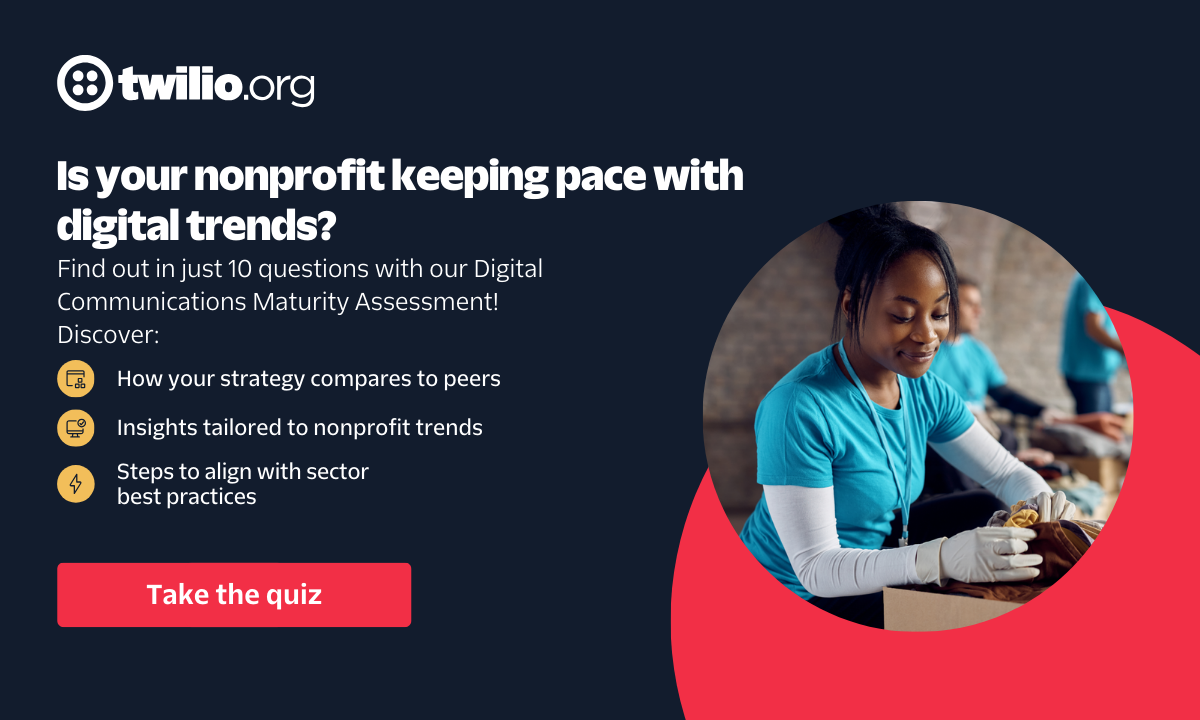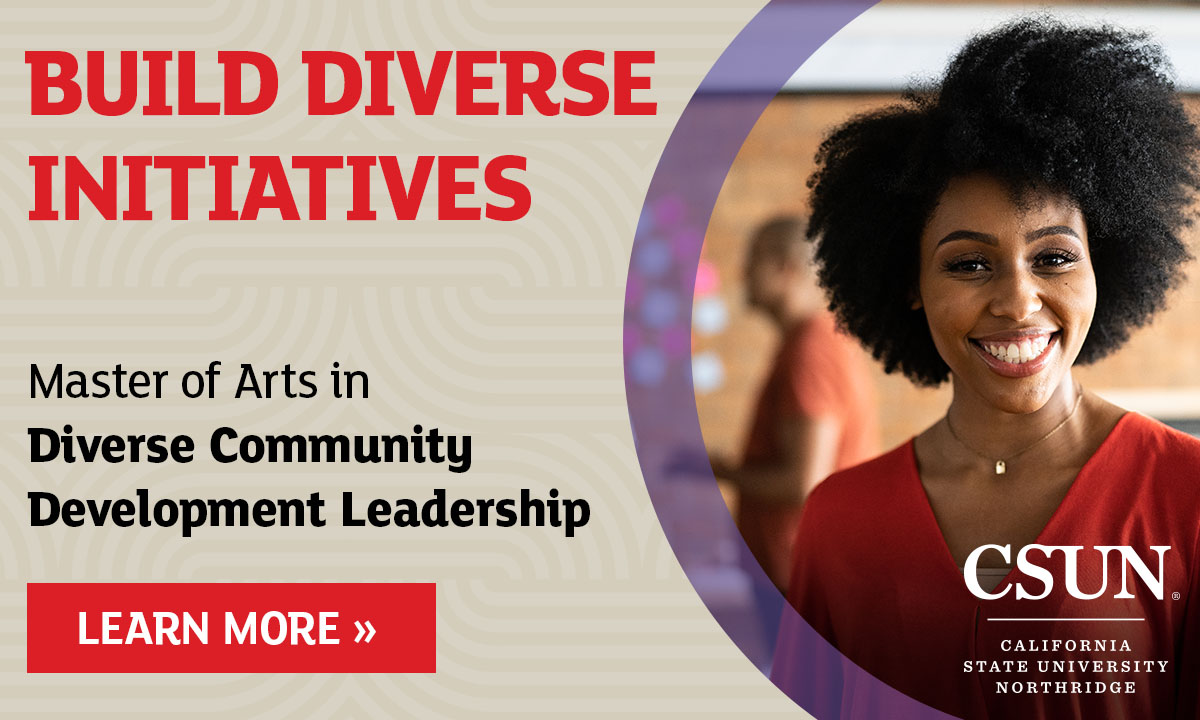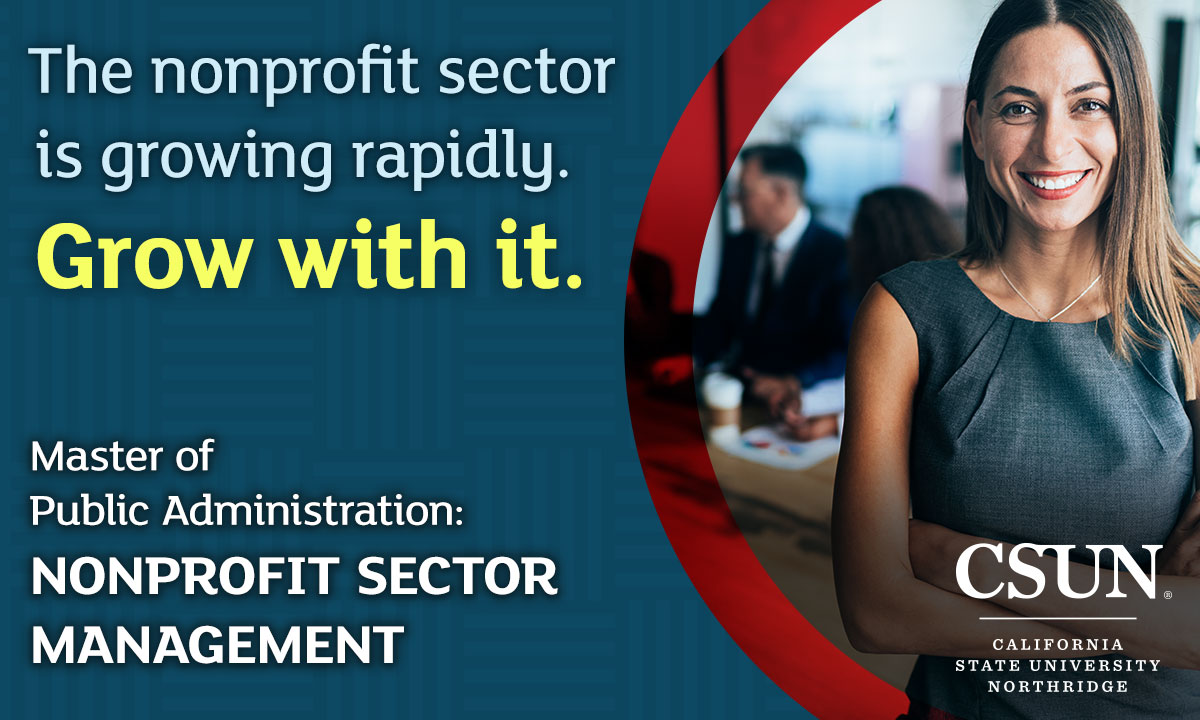Funders, Your Grant Application Process may be Perpetuating Inequity
 We just love this blog post from Vu Le at Nonprofitwithballs.com and thought that we would share it with with you!
We just love this blog post from Vu Le at Nonprofitwithballs.com and thought that we would share it with with you!
This past year, my organization assumes more and more the role of a quasi-funder. Rainier Valley Corps (RVC), was formed to build the capacity of communities-of-color-led nonprofits while simultaneously developing leaders of color. We do this by selecting host sites and then sending emerging leaders of color that we train (and whose wages we pay) to these organizations, where they work full-time for one or more years to build these organizations’ capacity. The ethnic CBOs increase their capacity and effectiveness and ability to be involved at the systems level, and the field has a slew of awesome future nonprofit leaders of color that I will personally help to train to be kick-ass nonprofit warriors. Our inaugural cohort of ten leaders starts this September.
Because small nonprofits have to apply to be partners and host sites in our program, we have started being viewed as somewhat of a funder. (We have the best of both worlds: The joy of having to reject great organizations, and the fundraising-associated night terrors of being a nonprofit). I noticed the shift in dynamics when I was visiting these organizations as part of the review process, and some people seemed visibly nervous. As I mentioned earlier, program officers are instantly 27% more attractive than civilians. Suddenly, my wrinkles were marks of experience, my twitching left eye now charming, and this weird gap between my front two teeth a distinguishing feature. Not only that, but apparently my jokes on those site visits were 100% funnier too!
All of that is to say that I’ve been more sympathetic to the challenges that we brilliant, dashing funders are facing, as well as more cognizant of the elements that have been helping or hindering marginalized communities. (PS: I know the term “marginalized communities” can be controversial, and a future post may focus on this, but for now, let’s continue with this term).
For the past few years, everyone has been talking about Equity, Diversity, Inclusion, and Cultural Competency. This is good. But when these things do not actually  come with profound changes in systems and processes, they can actually cause more harm. Equity, in particular, has been a shiny new concept adopted by many funders. A basic tenet of equity in our line of work is that the communities that are most affected by societal problems are leading the efforts to address these challenges. And yet, many foundations’ application process is deeply inequitable, leaving behind the people and communities who are most affected by the injustices we as a sector are trying to address.
come with profound changes in systems and processes, they can actually cause more harm. Equity, in particular, has been a shiny new concept adopted by many funders. A basic tenet of equity in our line of work is that the communities that are most affected by societal problems are leading the efforts to address these challenges. And yet, many foundations’ application process is deeply inequitable, leaving behind the people and communities who are most affected by the injustices we as a sector are trying to address.




















